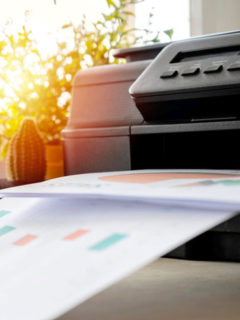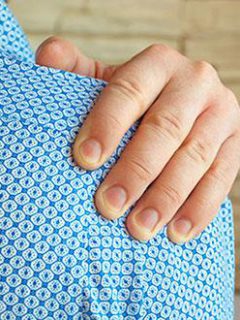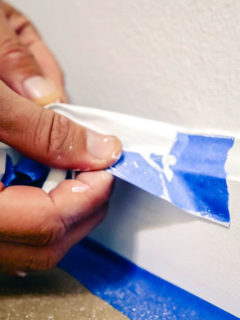you think you’d get rid of your packaging once you’d unwrapped it? Not so fast! There are plenty of ways to reuse it, especially in favour of our lovely fur balls and wild companions. Get your Rajapack packaging ready, because with this article you can spoil and protect your pets while doing your bit for the environment.
8 ways to DIY for/with your pets
► 1. Cat accessories
What you need ⇒ Cardboard box or crate, shipping tube, stringhow many times have you given your cat a toy and they just love… the packaging? Indeed, packaging is a real goldmine for cats, especially cardboard boxes. As well as providing them with a safe, stress-free place to hide and watch for prey, and when you’re in the same room, your cat will find it more interesting to hide before interacting with you. So don’t hesitate to keep your cardboard boxes and make them a cat tree, a little cocoon by your radiator to keep them warm, or even interactive treat boxes.
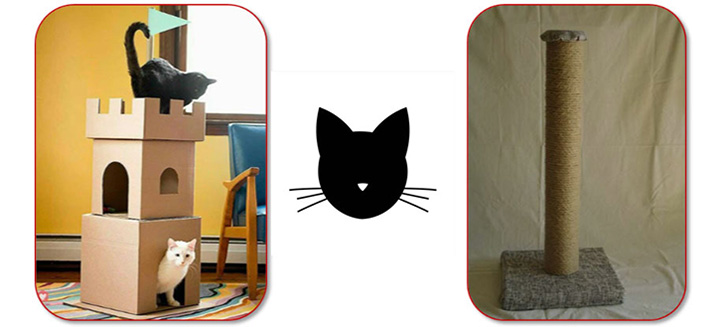
can also make small toys out of bits of cardboard, such as a cardboard ball, so your cat will always be occupied even when you’re not around. Also, if you get a shipping tube, keep it. By attaching it to a wooden base and wrapping it with string, you’ll get a scratching post. And yes, you really are spoilt for choice when it comes to making your own accessories for your tomcat, and at a low cost!
► 2. Perches for chickens
[What you need ⇒ (Planks of) wooden palletDid you know? Chickens prefer to sleep high up to avoid potential predators, so if you have chickens and enough space in your coop, you can build a perch out
of
pallet boards.
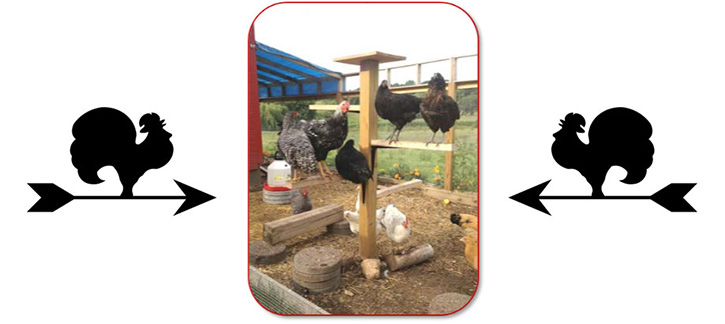
[
su_spacer
] [
su_spacer]
► 3. Nesting boxes and shelters for birds, squirrels, bats, etc
What you need ⇒ (Planks of) wooden palletItis also possible to make a birdhouse, squirrel shelter or bat house from (planks of) pallet. In just a few steps, you will give them a safe place.
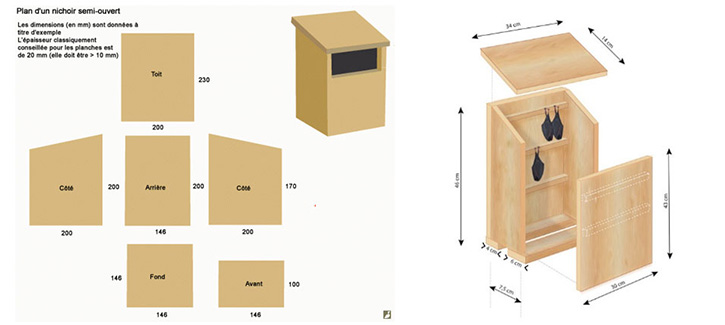
► 4. Hedgehog shelters
[What do you need? ⇒ Double fluted cardboard boxthis is not all, cardboard boxes also offer the possibility of sheltering hedgehogs, one of the animals that is protected in Europe, as it is tending to disappear. Inside your box (preferably thick enough to withstand outdoor use), add dead leaves or straw. Don’t forget to make ventilation holes and cover the outer walls of the shelter with a waterproof bag or a bin liner. This way, hedgehogs will always be dry and safe.
► 5. Rabbit huts
[What you need ⇒ Cardboard box or cratealso, if you have a rabbit, don’t hesitate to make him a little hut. Cut out the box in order to elaborate an entrance, a window… This way, he will be able to hide quietly while observing what’s going on around him.
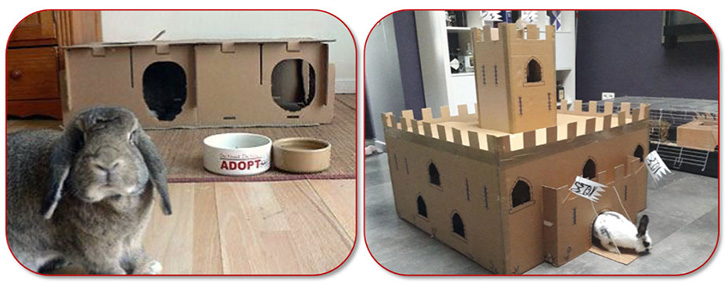
► 6. Livestock racks
What you need ⇒ Wooden palletreusing pallets is very trendy, with many recycling enthusiasts offering their methods of turning pallets into furniture. And of course, there are also tricks to reuse pallets for animal welfare. For example, you can use your pallets to build a hay rack, which is very practical for all kinds of livestock, be it horses, donkeys, sheep, etc.
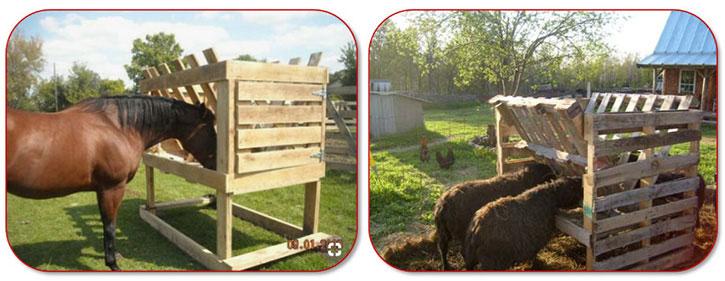
► 7. Dog kennels
What you need ⇒ Wooden pallethere’s another very easy trick to pamper dogs this time – don’t put their cushions or baskets directly on the usually cold floor, just put them on a pallet or make your own dog basket out of pallets
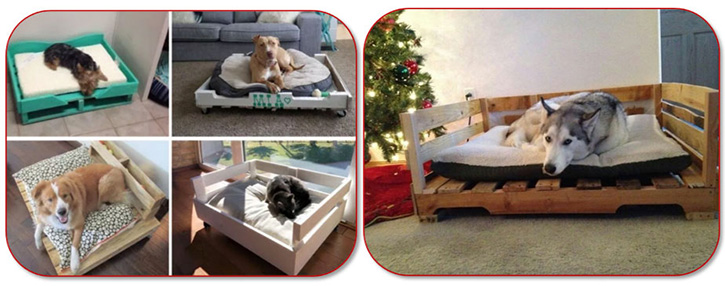
► 8. Litter boxes for rodents
[What do you need? ⇒ Paper padding, fwood furring, raffia, enveloppes, pochettes, sacs, papier d’emballage recyclablesVous avez des cochons d’Inde, des hamsters, des gerbilles ou d’autres petits rongeurs ? Alors sachez que le calage papier, la frisure de bois ou encore le raphia naturel sont de bonnes alternatives au foin et à la paille. C’est très absorbant et ça tient chaud ! Cela en va de même pour les morceaux de papier déchiquetés provenant d’enveloppes, de pochettes, de sacs, de papier d’emballage recyclables… Cependant, assurez-vous que le papier soit assez épais et rugueux, car un papier trop lisse n’aura pas d’aussi bonnes vertus isolantes.
Sources des images :
www.blog.take-me-home.com/fabriquer-un-arbre-a-chat-facile-pas-cher/
www.plus-saine-la-vie.com/animaux/comment-faire-un-lit-pour-votre-animal-de-compagnie-avec-une-palette-en-bois/
www.cabane-en-hauteur.fr/fabriquer-une-cabane-a-chauve-souris/
www.comment-economiser.fr/10-astu











